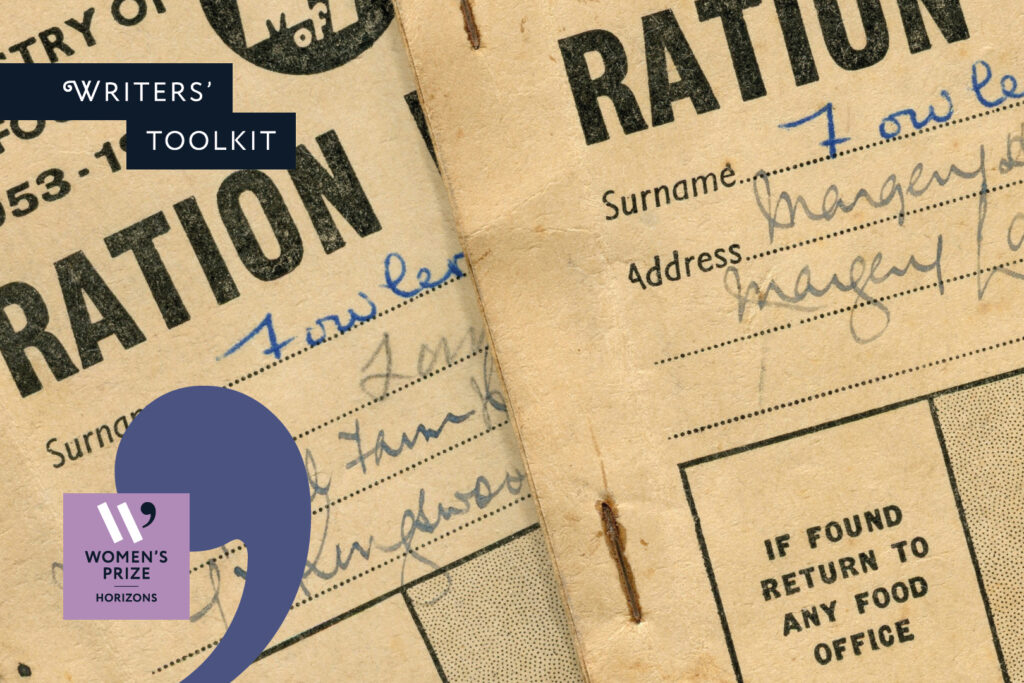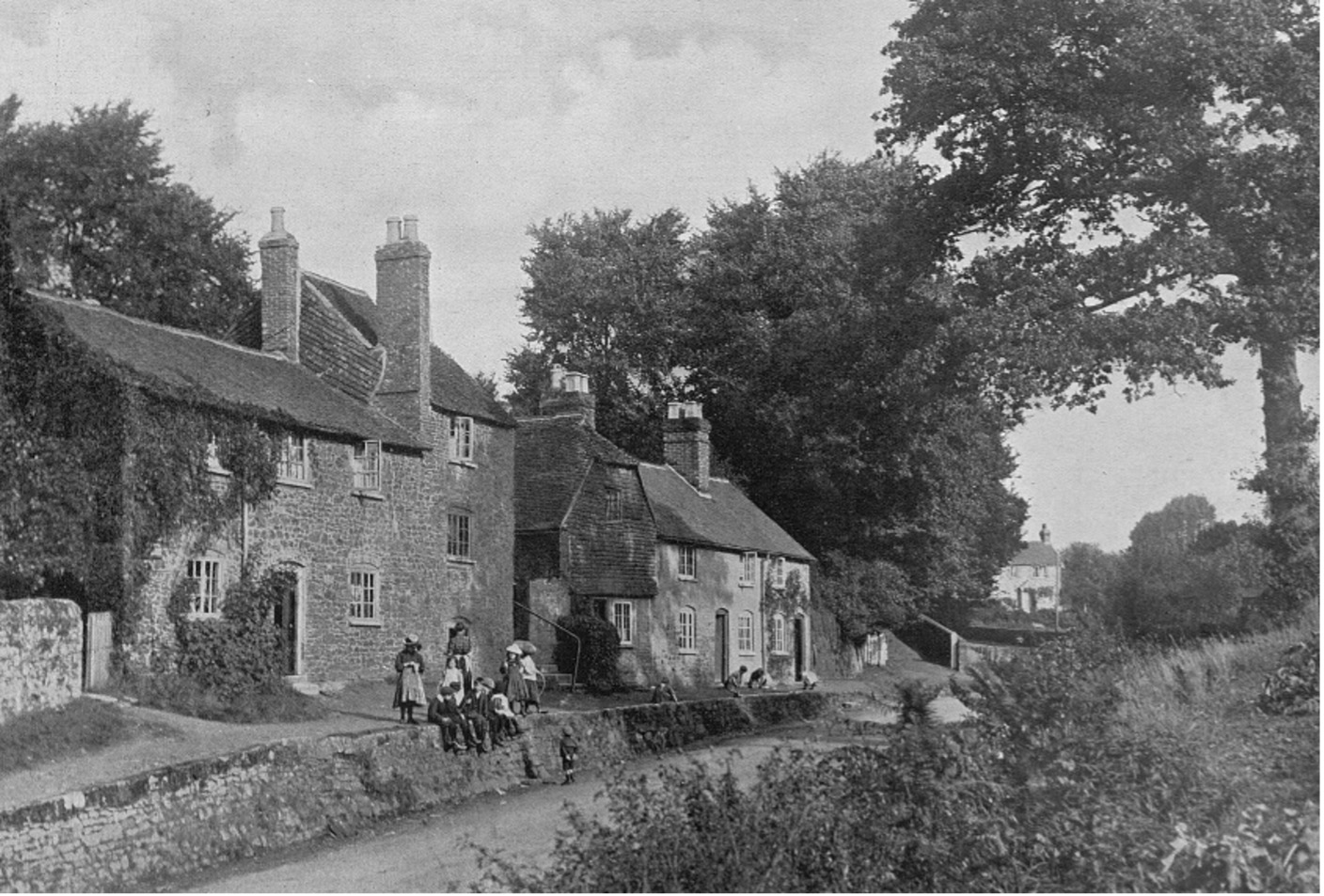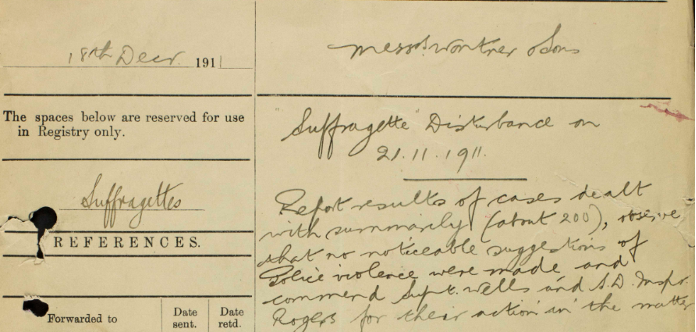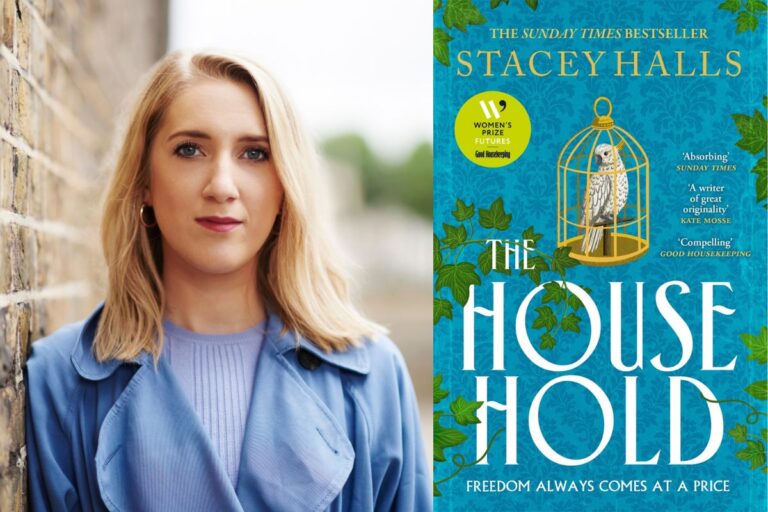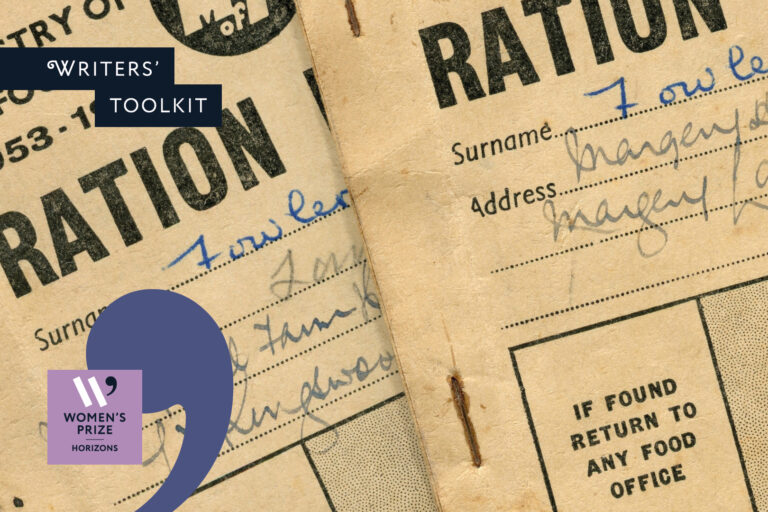Alongside its fantastic newspaper collection, the many millions of records featured on Findmypast, the inaugural sponsor of the Women’s Prize for Non-Fiction, are a wonderful resource for non-fiction writing.
Join Findmypast expert and published writer Rose Staveley-Wadham as she explains how you can use Findmypast’s extensive record collection to unlock hidden histories, and to add depth and authority to your non-fiction writing project.
Starting Out
With plenty of getting started guides, Findmypast is on hand to help you begin your journey through its vast collection of records. From census returns to military documents, from trade directories to prison records, Findmypast hosts a range of resources that can inspire and inform your research.
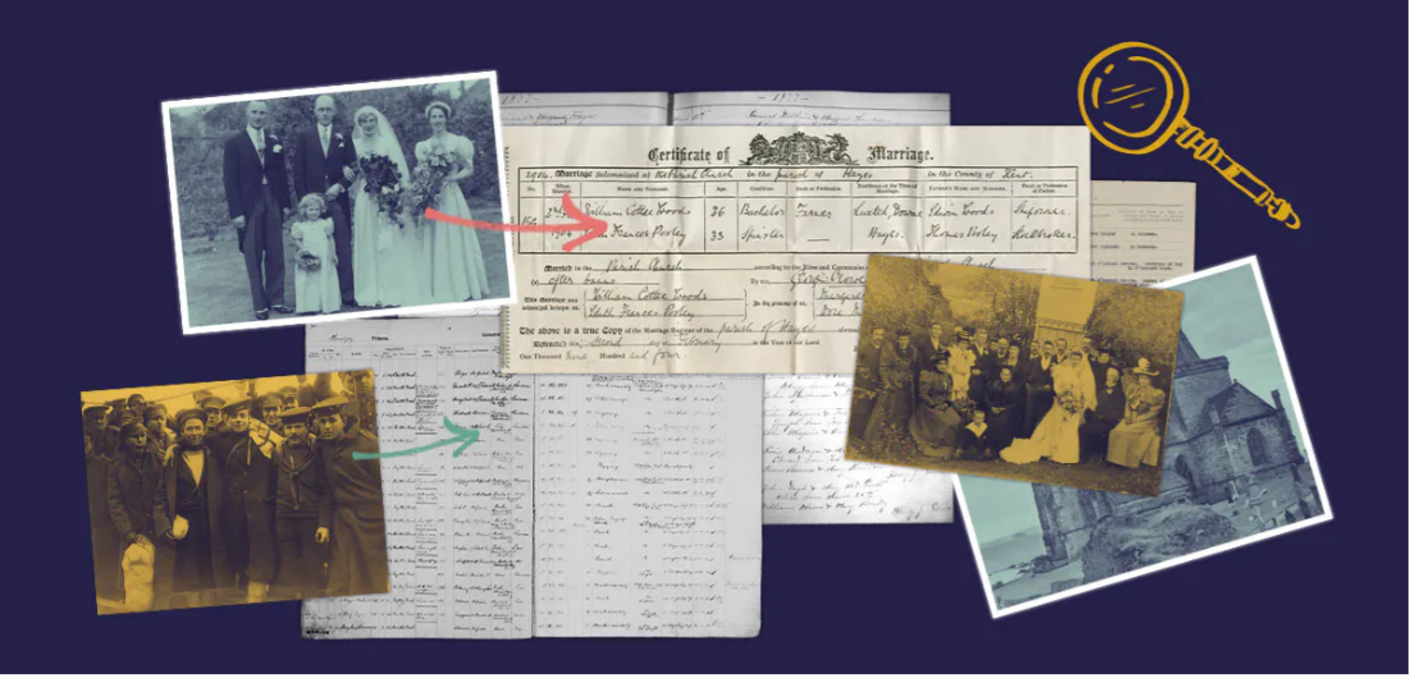
You can start by searching for a person through all of Findmypast’s records, narrowing your results by date and place. Findmypast’s records incorporate the United Kingdom, Ireland, Canada, the United States, Australia and beyond.
You can search for places too, with Findmypast’s special address search. This address search allows you to discover the history of streets and houses, enabling you to learn more about buildings like workhouses, factories and schools, and the people who lived and worked in them.
What’s In a Name?
If you’re tracing somebody’s life as part of your non-fiction research, Findmypast is the place for you. You’ll likely first encounter birth, marriage and death records, and these are an important tool for beginning your research journey.
Add census records to these vital life events and you will start to build up an even more vivid picture of the person you are researching. Census records contain details about a person’s profession, family and household. Findmypast’s collection of censuses stretches from 1841 into the 20th century with the 1921 Census and 1939 Register collections.
How To Find Your Ancestor in the 1921 Census | Findmypast
Meanwhile, Findmypast’s family trees are a fantastic way to organise and store your research. Hints on your tree help you build out research, and you can also search other Findmypast members’ family trees.
Hidden Histories
Looking to dig a little further into your research? Findmypast features special collections dedicated to prisoners, soldiers, and suffragettes, and much more besides, to take your research to the next level.
All these collections help to tell the stories of those who perhaps have been forgotten by history, providing a voice to the voiceless. That’s why it’s always important to interrogate any record you have in front of you for coded language, or any signs or hints that may tell you more about a period in time or a personality.
Take, for example, LGBTQ+ relationships in our censuses. At a time when such relationships were taboo, and even illegal, they are coded into historic records in ways that may not, at first, appear obvious.
Fabric of Society
Records on Findmypast can help you unravel the social fabric of the past. They can help you uncover the history of institutions, via prison, workhouse, and hospital records, all the while telling the stories of those who were on the wrong side of the law, or of those who fought for their countries.
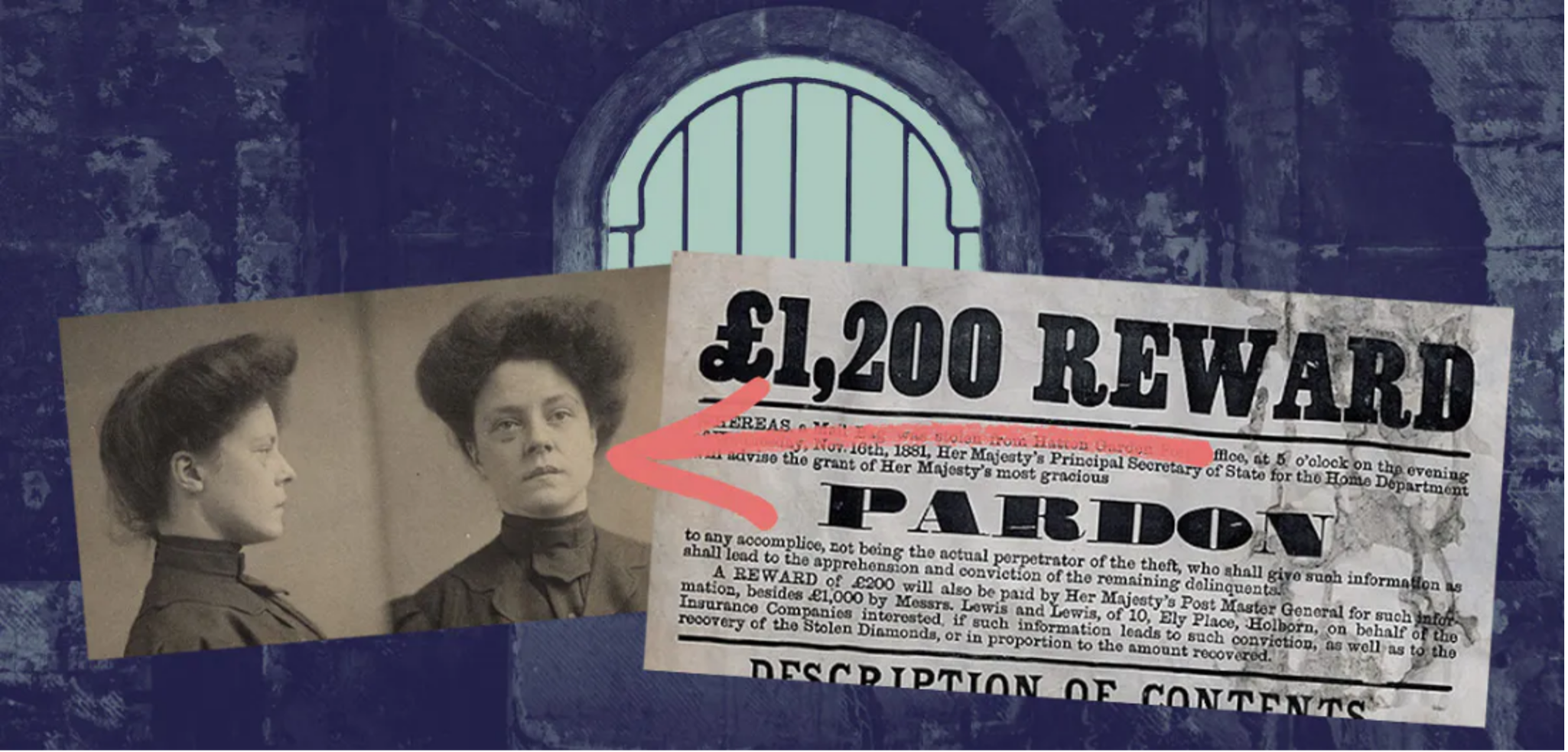
Above all, Findmypast can transform your research, taking you down the avenues of the unexpected. From historic photographs to house history, there is so much to explore and utilise in your non-fiction research. Get started today with a free seven day trial and see what you can discover.
